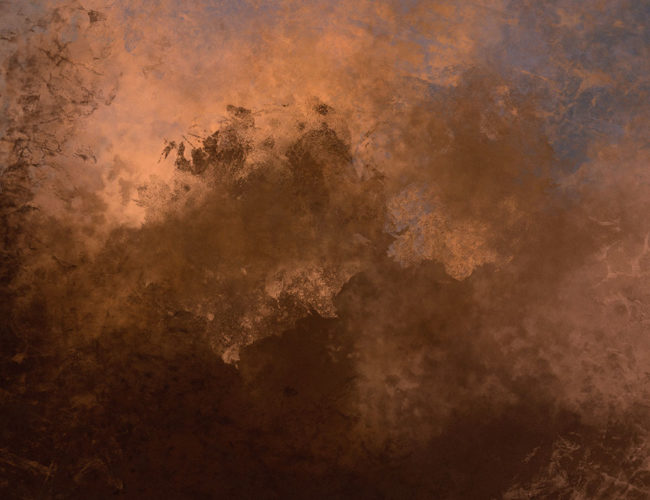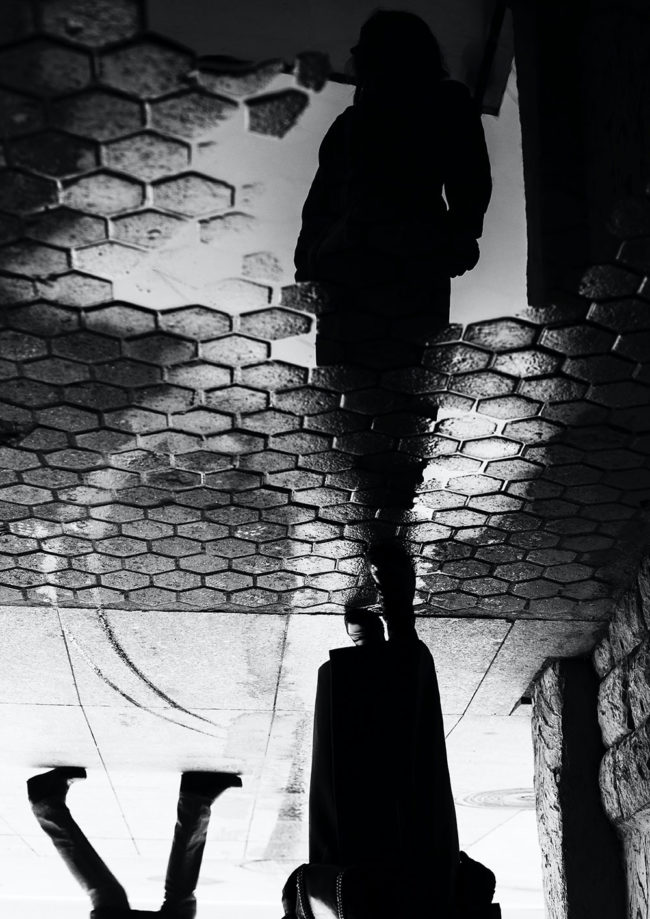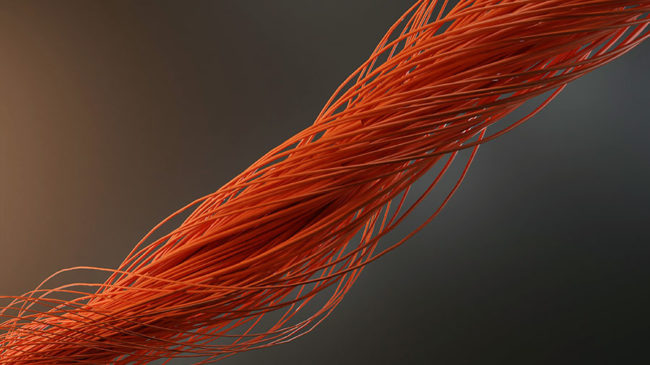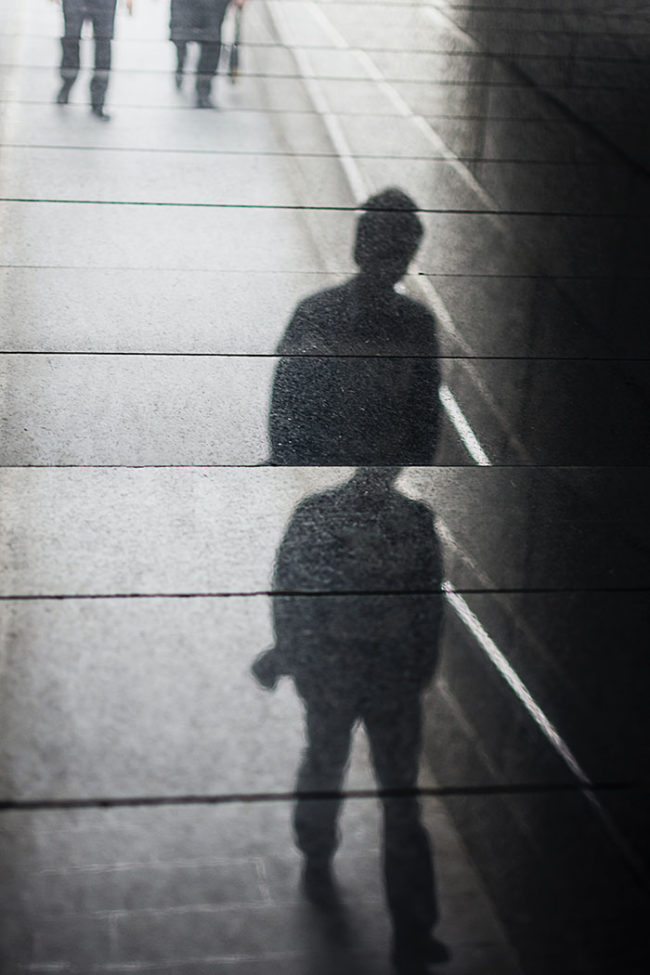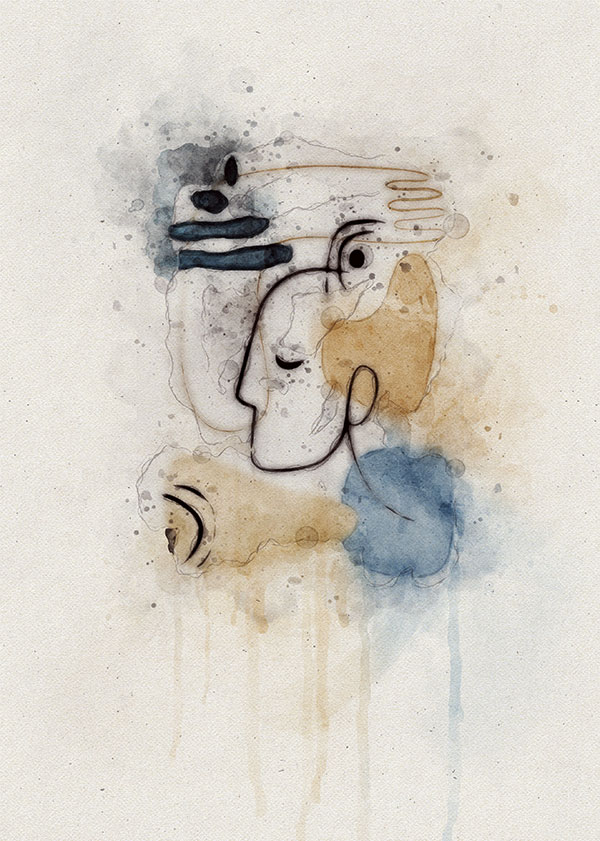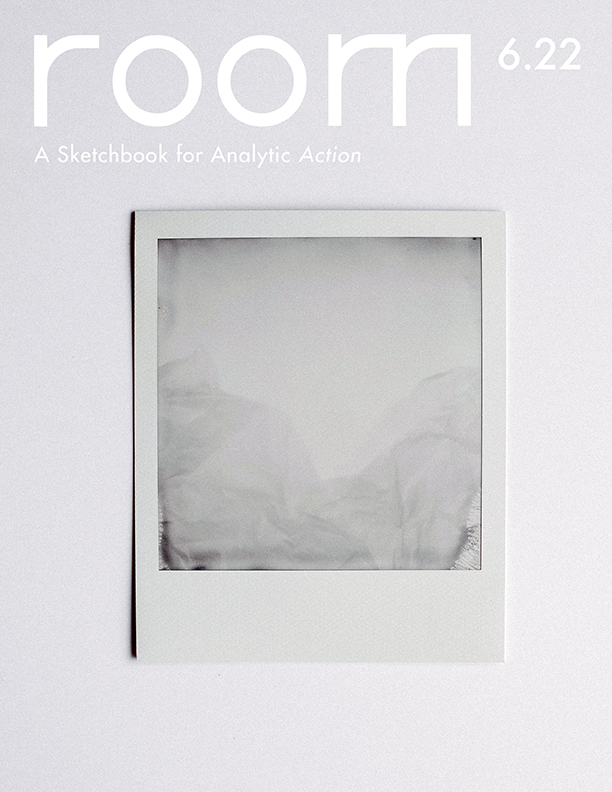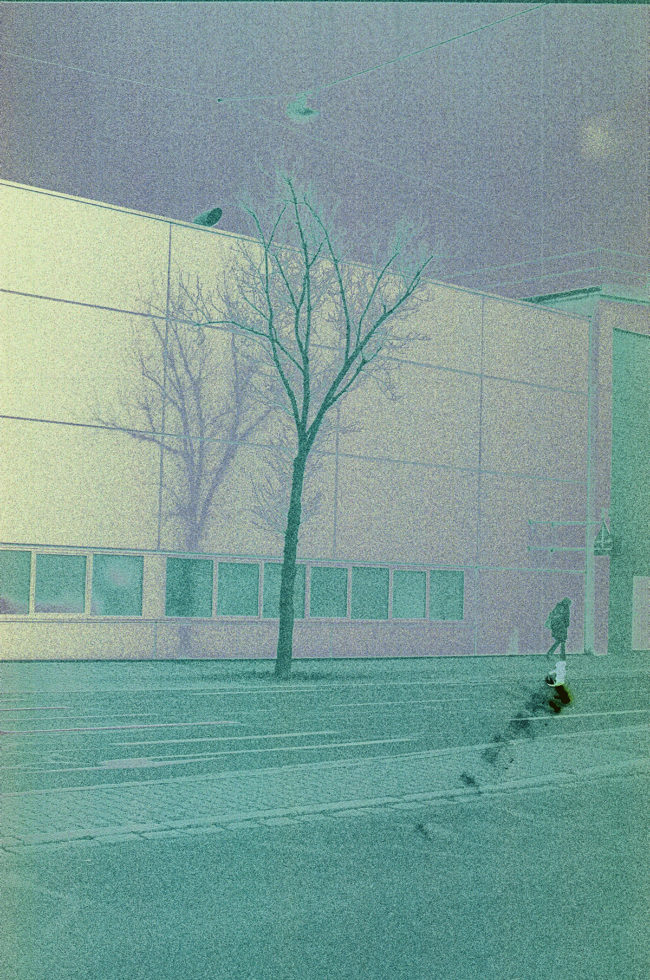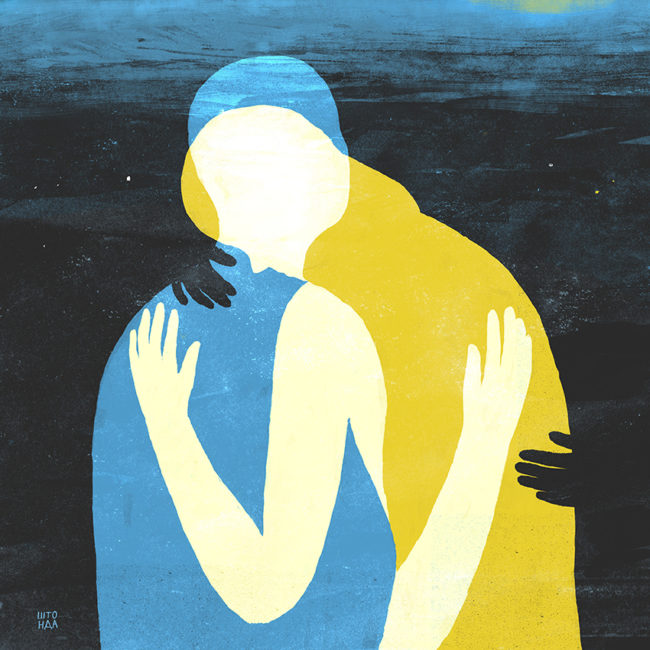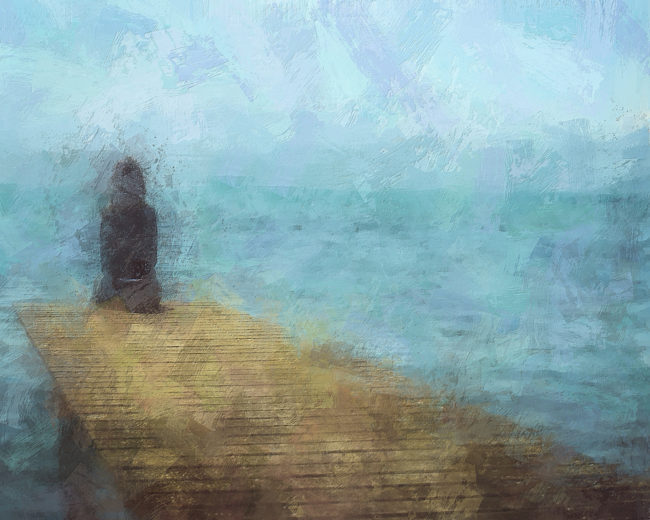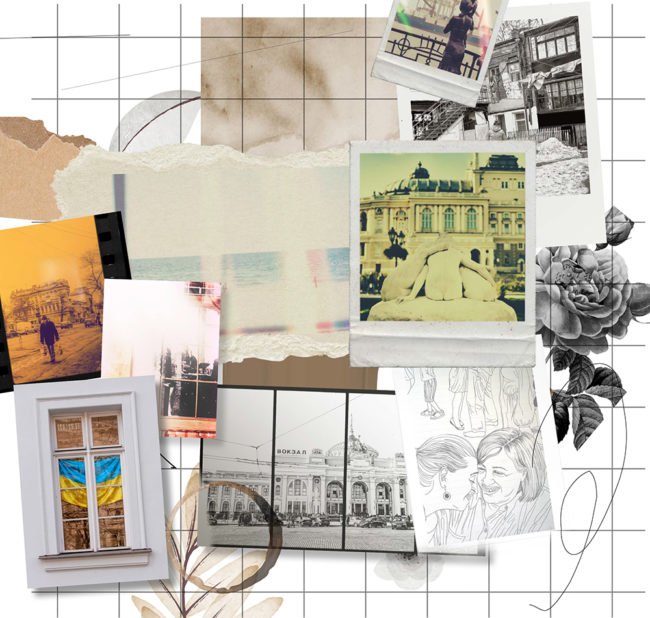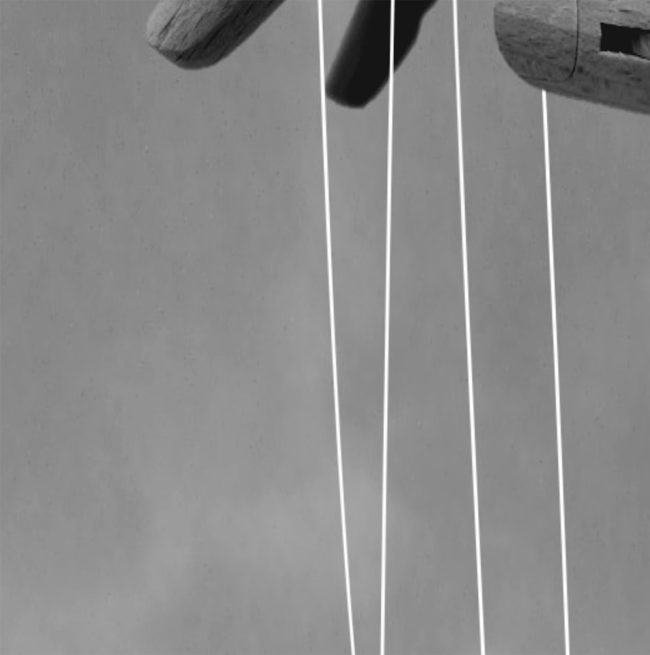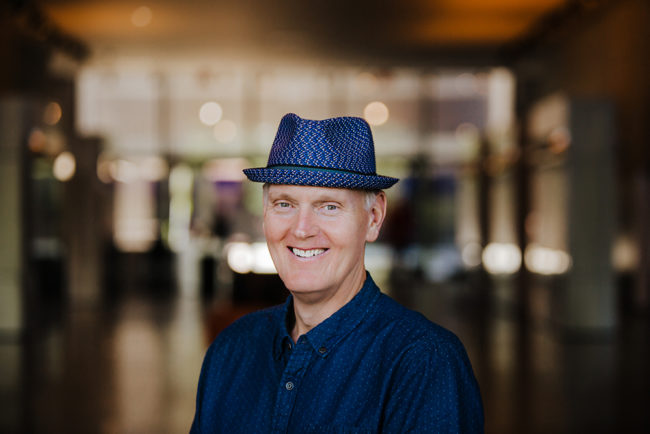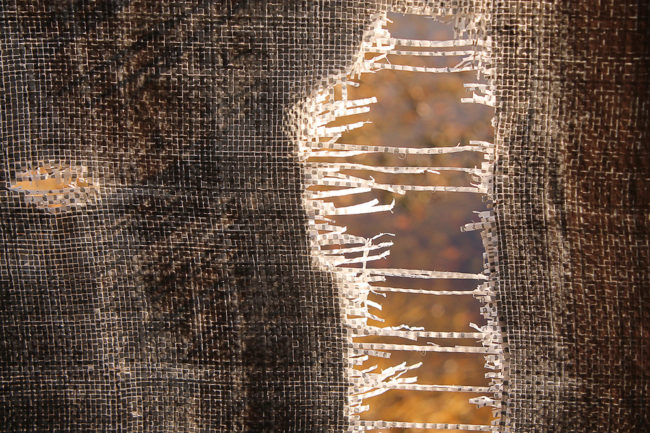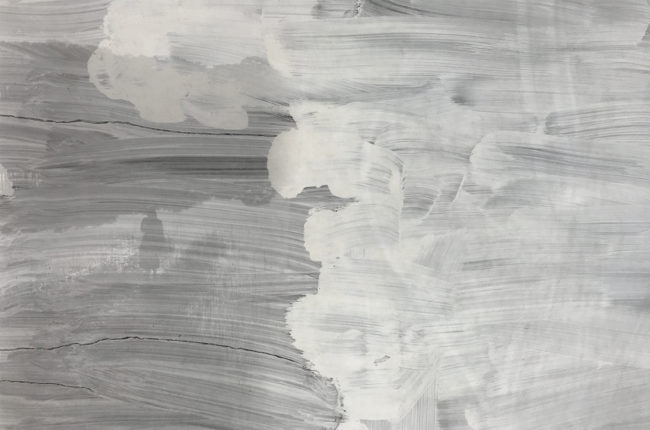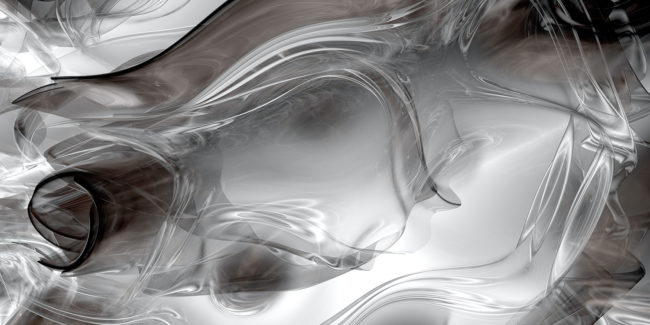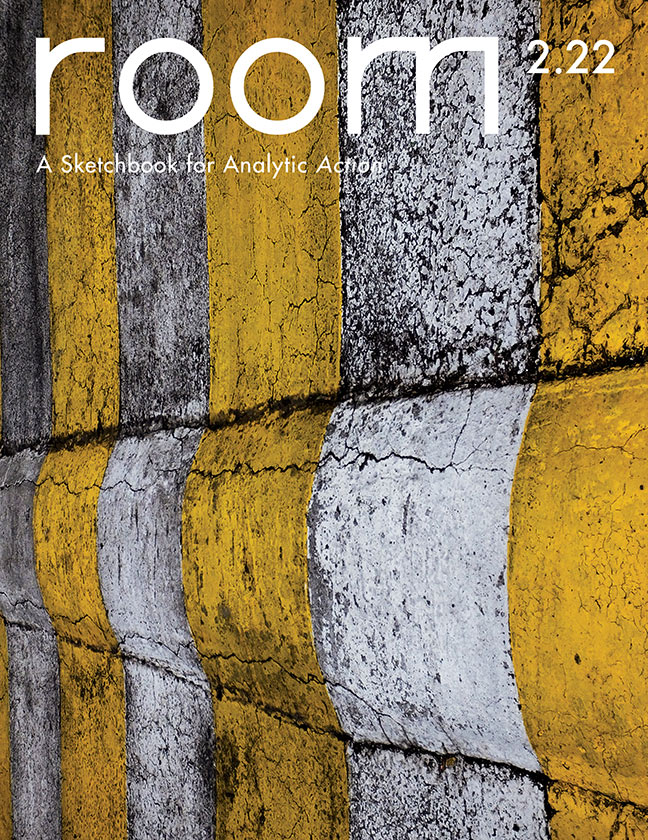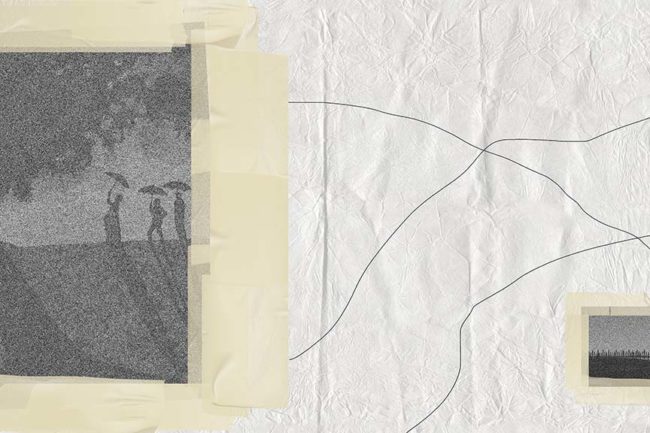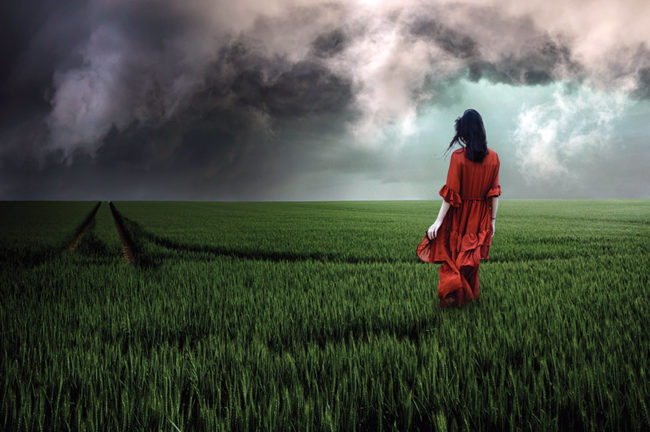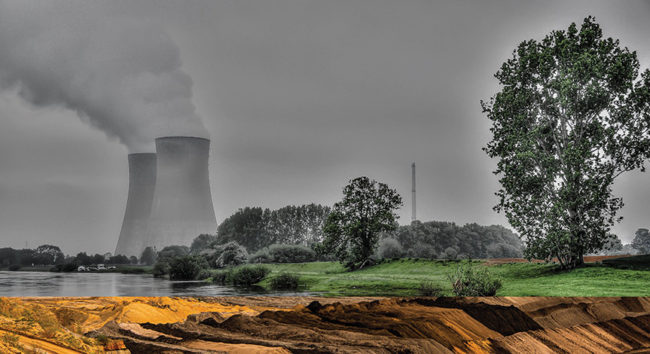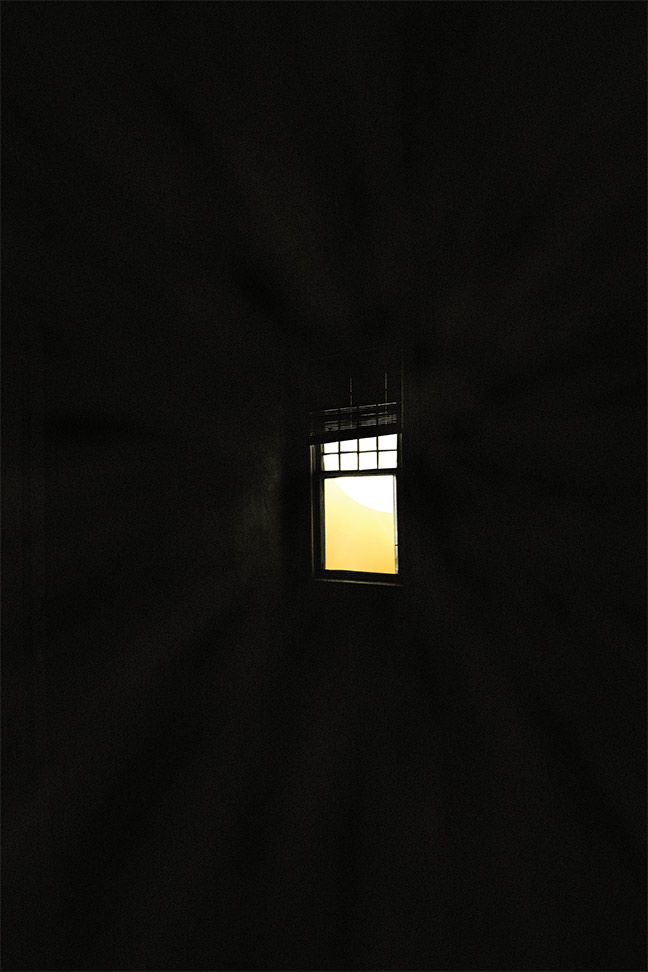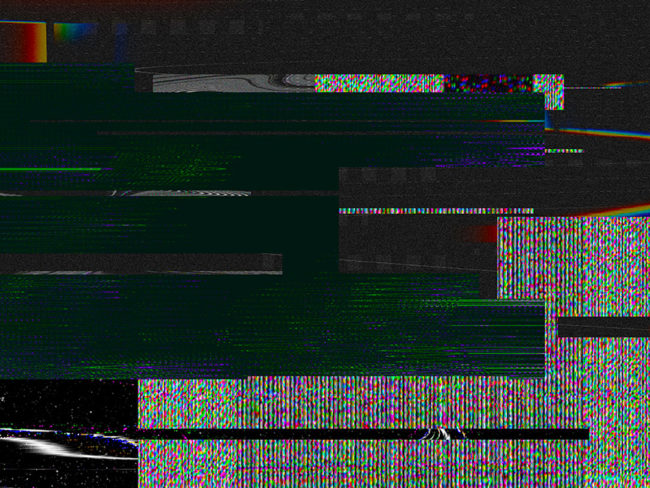August 23, 2022: Kamianets-Podilskyi by Svitlana Matviyenko
I am sitting on the windowsill in my living room. It’s five in the morning of the 181st day of the war. The night was sleepless, sirens after sirens, when the valley with the river canyon amplifying the sounds give it such volume that the city landscape alone never does, as it swallows the city steers, activating dogs and most certainly birds much earlier than their time. After a short while of peaceful rest, after the sirens stopped, my town, covered with a thick layer of fog, is slowly awakening: the curfew is over. Everything here is now immersed in a complete silence that you can only encounter in a small town like mine and in that rare moment when the choir of morning birds is quiet already but the people are still not out on the streets. This silence is so surreal and overwhelming amid the war.


